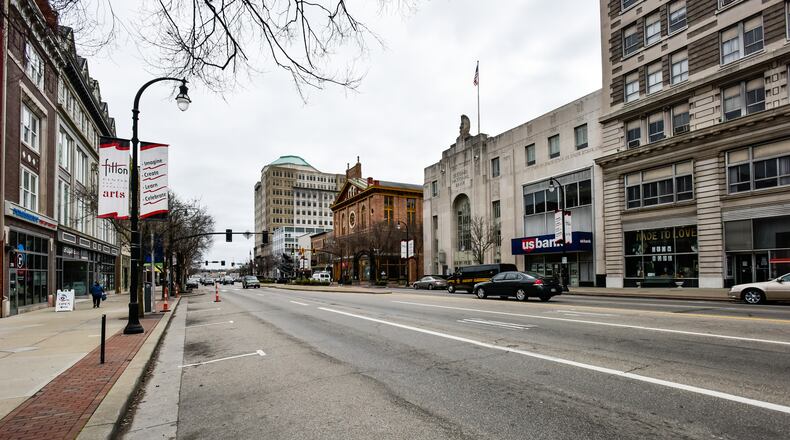“Wow. I am absolutely shocked,” said Jack Whalen, the leader of the all-volunteer citizen committee that campaigned for it, urging residents to “Fix our Streets.” “With the virus and all the other stuff, I am shocked but obviously pleased.”
What could affect that lead though are provisional votes, plus any votes that were postmarked by Monday that have yet to arrive at Board of Elections offices.
The 10-year, 3.9-mill levy will generate $3.1 million per year and cost the owner of a $100,000 home $136.50 per year, or the owner of a $75,000 home $102.38.
Whalen credited the committee of a dozen that he said kept the faith and didn’t give up, despite obstacles.
Since the election was supposed to have happened on March 17, he said several thousand people requested absentee ballots. Each day Whalen said his group got the list and mailed those people cards advocating for the levy,
“There are still some absentee ballots out there, probably, I’m guessing,” he said.
Whalen said he wrote two letters to the Issue 1 committee, depending on which way the vote would have gone.
The campaign, Whalen had frequently noted, was one in which essentially everybody agreed on one thing: Hamilton’s streets are in bad shape.
MORE: Check out the area’s 2020 primary election results
Differences in opinion were on the solution: Many voters did not want to pay more money to repair them, believing the city had funds it could take from other parts of the city government to finance the repairs.
City officials have noted they have cut significant numbers of positions within the past decade and argued they had few areas left to cut.
About the Author
